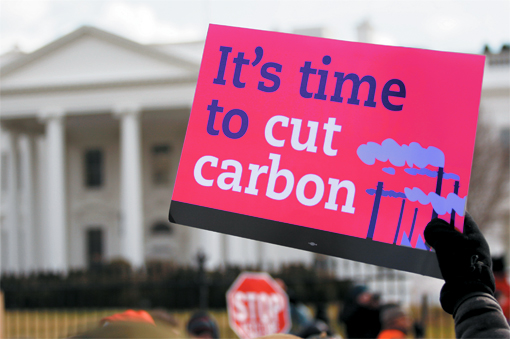Over the past decade, prices of major commodities (e.g., oil, coal, copper, gold, silver, tin, and iron ore) have skyrocketed, igniting a global boom in natural resources. Before this fairly recent development, a common assumption was that the world was entering a period of resource scarcity, most notably for oil, which would accelerate an eventual transition to renewable energy and weaken the reliance on carbon-loaded fossil fuels.
While popular perceptions of oil and gas extraction are marked by explosive gushers needing only to be pumped—think of the 2007 film There Will Be Blood—deposits of commonly used resources are deeper, more remote, require more mining and processing, are more energy- and water-intensive, and more toxic than such images represent.
The shift to these kinds of deposits, often called unconventional resources, validates part of the scarcity theory. Accessible conventional resources, including light and sweet crude oil found relatively near the surface of the earth in the twentieth century, are no longer keeping pace with global energy demand.
As defense- and energy-policy analyst Michael Klare chronicles in The Race for What’s Left, the move into the age of unconventional resources is not limited to energy. It includes many of the aforementioned mineral resources. For example, in extracting gold, mining companies are exploiting grades—the percentage of gold in every ton of ore—below one gram per ton, whereas 70 to 100 years ago, a typical grade was two to four ounces per ton, and could be as high as 20 ounces.
Resource depletion, however, is not the same as resource extinction. Here, the scarcity theory is off the mark.
Instead of a renewables revolution, the depletion of conventional resources, coupled with the commodities boom, has accelerated the market for lower grades and different varieties of the twenty-first century’s dominant extractive resource industries. Mineral and fuel deposits whose geochemistry, geography and political risks made them uneconomical a decade ago are thriving…





